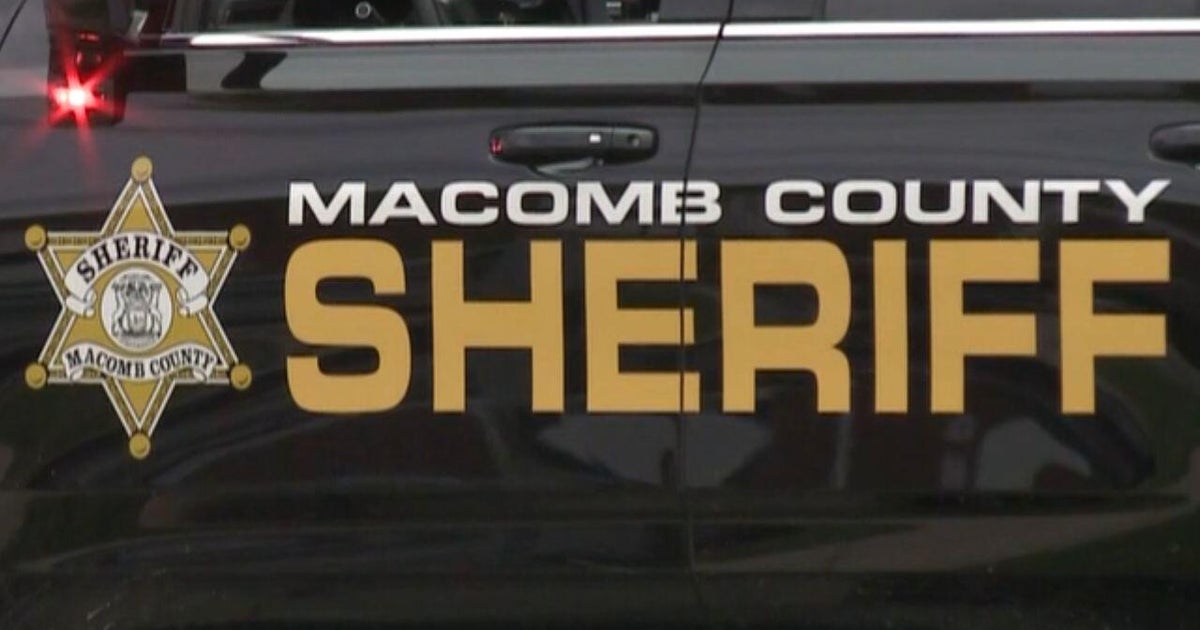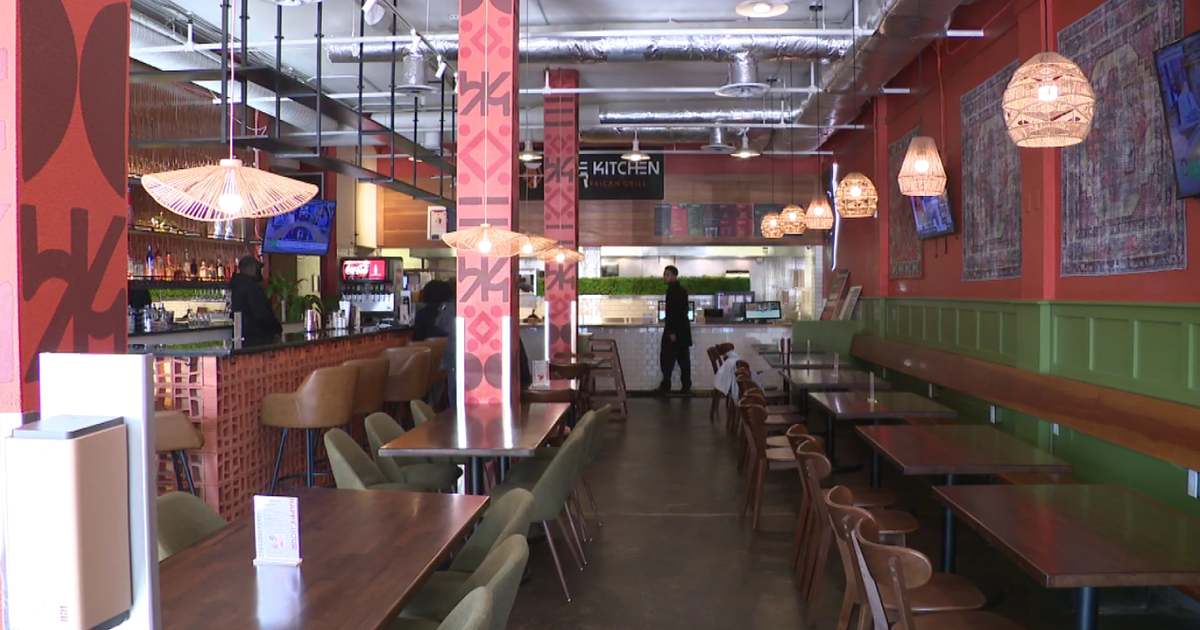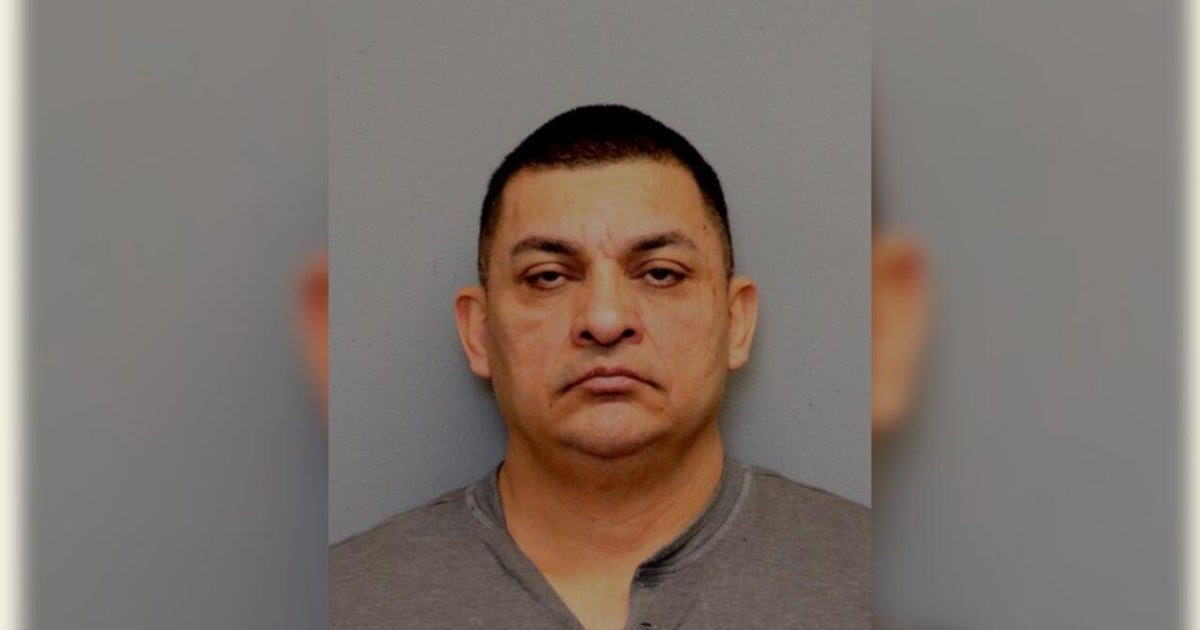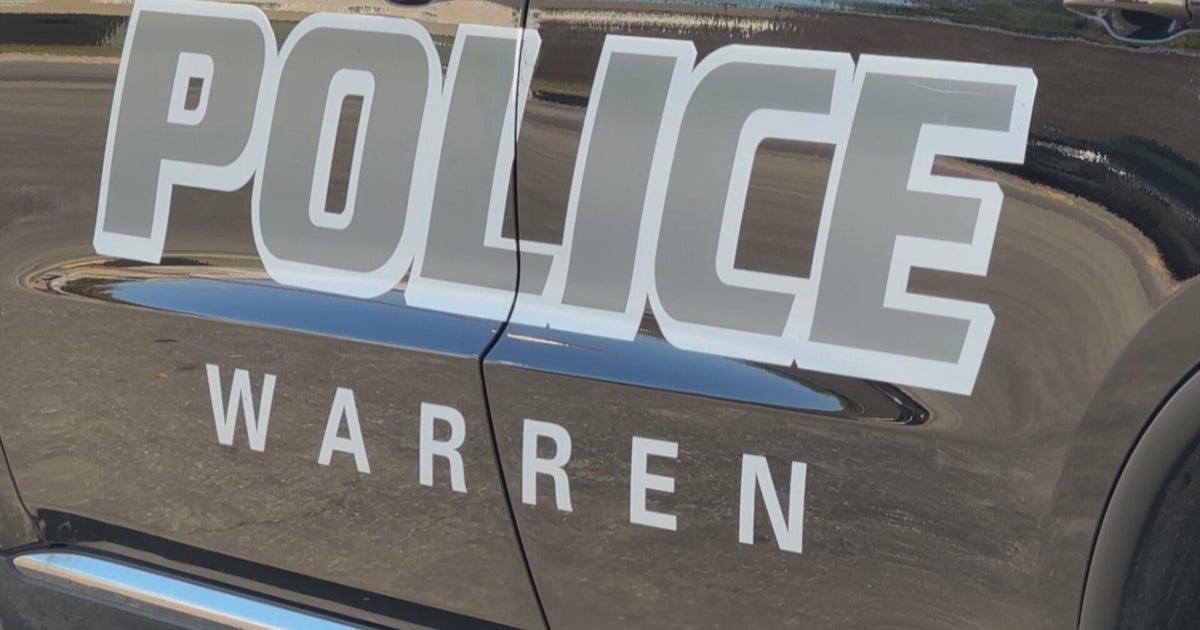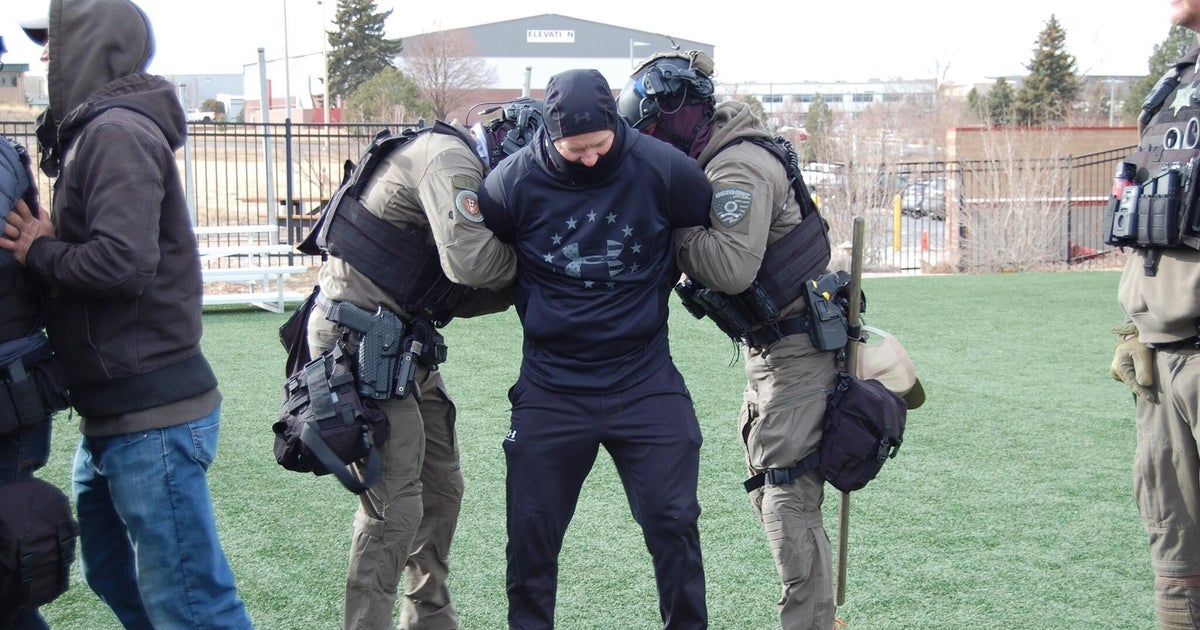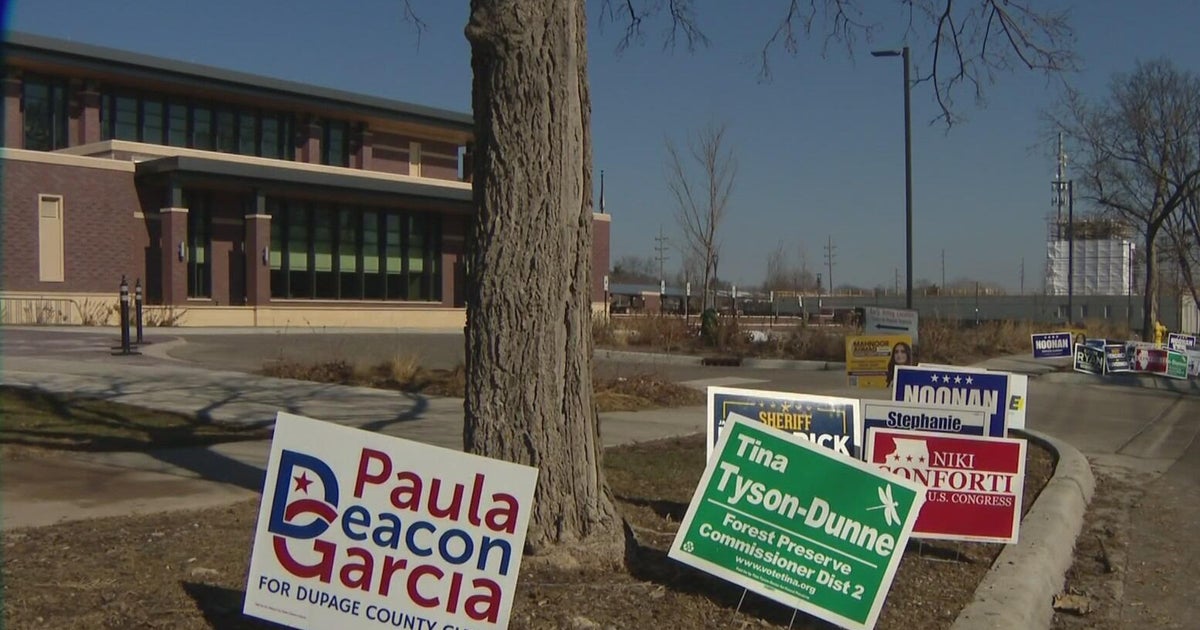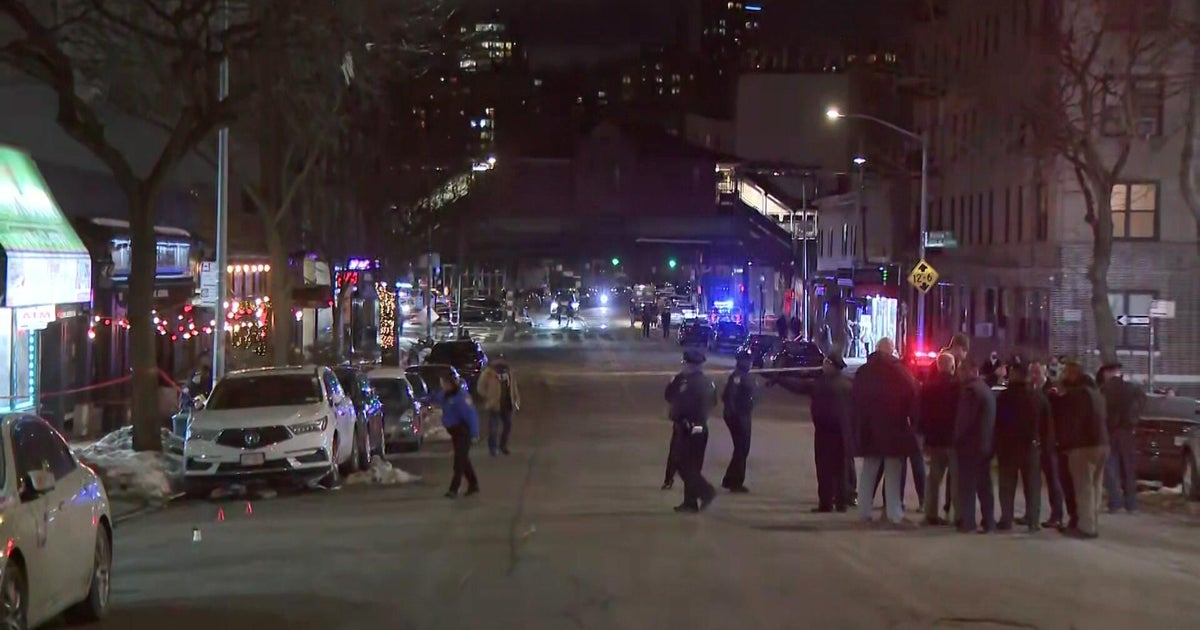Jail Time Replaced With Fines: Gov. O'Malley Signs Marijuana Decriminalization Bill
ANNAPOLIS, Md. (WJZ)—Maryland joins 17 other states in decriminalizing marijuana. Gov. Martin O'Malley signed a bill Monday that replaces jail time with fines for possession of small amounts.
Political reporter Pat Warren has more on the new law.
In somewhat of a surprise move, the General Assembly has decided to change its heavy handed approach to smoking pot.
Maryland goes from zero to tolerance for 10 grams of marijuana or less. But that's where it stops.
"I still don't support Maryland being one those states that serves as a laboratory for legalization of marijuana," O'Malley said.
Lt. Gov. Anthony Brown supports the bill. He released this statement:
"By signing this bill we're taking an important step towards making our justice system more fair and ensuring all of our young people have the same opportunity for a brighter future. The decriminalization of the possession of small amounts of marijuana will free up resources to fight violent crime throughout our state. We'll also be able to fund additional substance abuse treatment, drug prevention and job training efforts, and education to teach our young people about the dangers of drug use."
Under new policy, possession of small amounts of marijuana is not a crime. There will no arrest, no jail time and no record.
"We're shifting away from this kind of false criminalization system that we have and moving to a system that can affect some change," said Sen. Bobby Zirkin, bill sponsor.
It is not a criminal offense but there is a civil penalty for the first two offenses. Adults 21 and older will pay a fine. For the third offense, violators will have a court appearance and may be ordered to drug treatment.
Underage possession, while not a criminal offense, is an automatic court appearance and possible drug treatment.
"The system doesn't really change other than we're not going to be criminalizing individuals with small amounts of marijuana," Zirkin said. "I think putting some 23,000 people through a criminal justice system is just a colossal waste of resources, which can be better spent on affecting behavior."
Law enforcement and prosecutors had urged O'Malley not to sign the bill.
The governor says he based his decision to sign it, in part, on the fact that very few people go to jail for small possession of marijuana--although their arrests and conviction records stay with them.
The law takes effect Oct. 1.
Other Local News:
